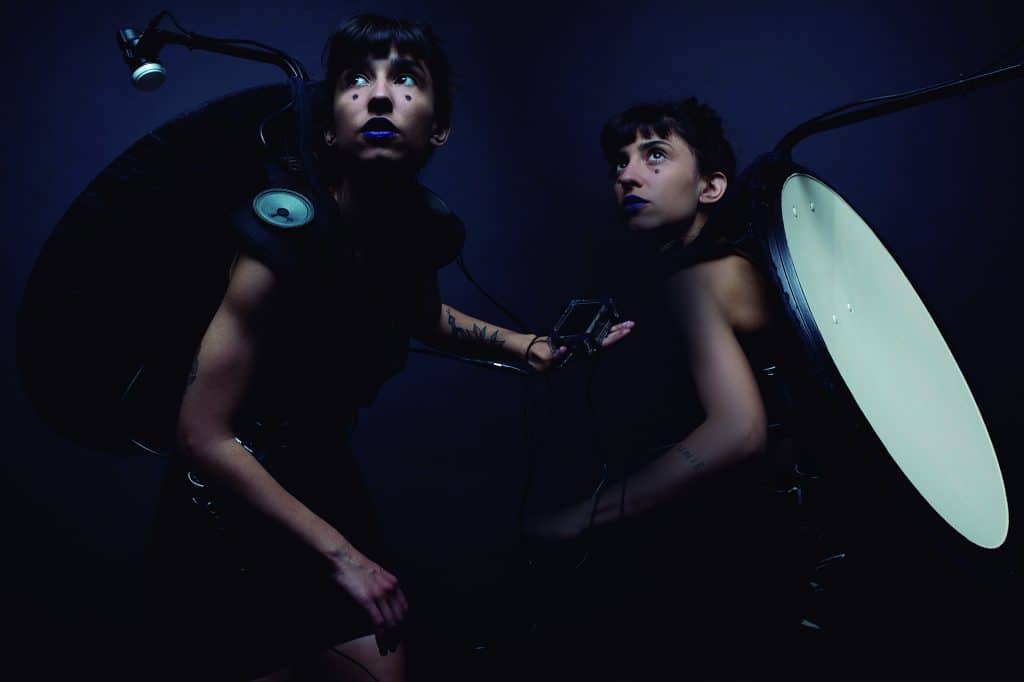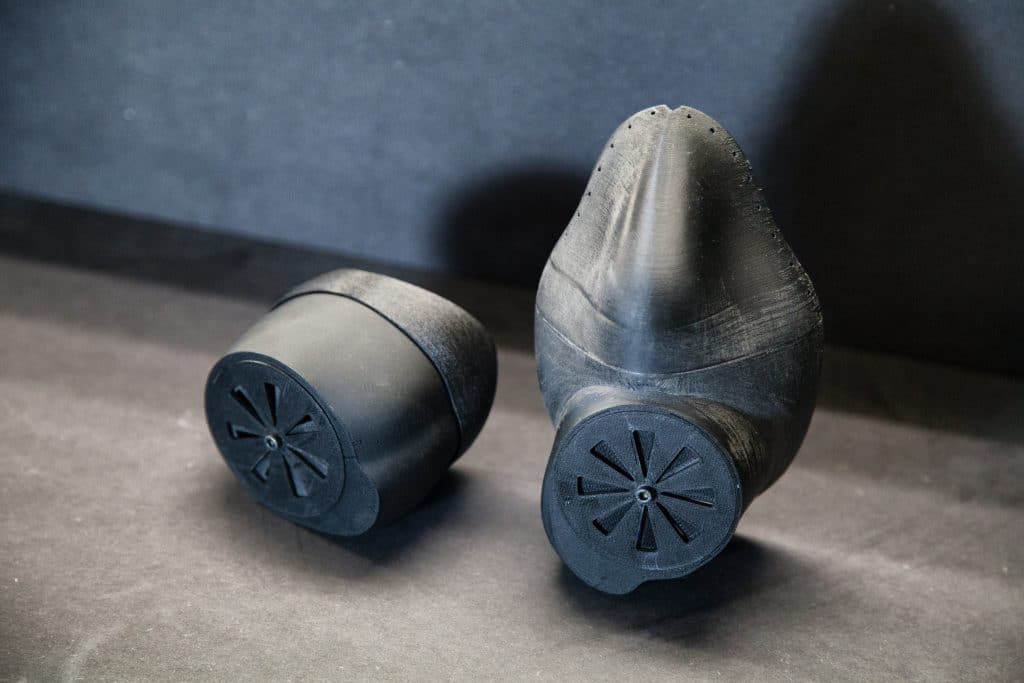IAAC is living an intense week full of outstanding projects at display for the closing of current’s academic year closing. Students are presenting their final projects from Master in Advanced Architecture, Master in Advanced Interaction and the Master in City and Technology. Evaluating juries made up of international experts together with IAAC faculty and masters directors are assessing the quality of the research and investigative thinking featured at the final strech of all academic programmes.
On Monday 18th, second year students of the Master in Advanced Architecture (MAA02) led by Peter Trummer presented a series of master’s final projects linked to the “The City in the Age of Hyperobjects” studio, which were of an exceptional quality according to our professional and academic jury. The aim of this research study is to design new forms of architecture for our contemporary city, in which objects of any kind, like machines, buildings, landscapes or artificial environments are designed under the influence of hyper objects and become merged together to form new architectural types.
Also, on Tuesday 19th took place the students’ final presentations of the Master in Advanced Architecture X-Urban Design studio led by IAAC co-founder Willy Müller. The research projects of this studio revolve around the management of unknown type of urban complexity, in which the grade and the type of metropolitan problematics is far from the traditional urban issues from the 20th century. The X-Urban studio aims to challenge classical models, face situations of obsolescence in current cities and define new paradigms for the contemporaneous urban debate.
Along with the presentations of Willy Müller’s studio, other final research exhibitions developed by the students of the Master in Advanced Architecture of the second year (MAA02) were also held such as thesis studio presentations on “Climatic Matter“, led by the advisors Jordi Pagès and Lluis Viu, and projects on bio-design strategies from “C-Biom.A“ thesis studio, run by IAAC’s visiting professor Marcos Cruz.
On Wednesday 20th, in the framework of the Master in Advanced Architecture (MAA) Digital Matter Research Studio Final Presentations, which were focused on projects about smart materials and responsive technologies for the creation of dynamic built spaces, the Institute organised the Digital Matter – Programming Building Performance Roundtable.
Leading researchers, architects and material experts were debating on the contemporary research and development of advanced materials, coupled with digital technologies, in the field of Architecture and Building Performance. The debate was moderated by Areti Markopoulou, Digital Matter Research leader and IAAC Academic Director, and included renowned professionals such as Maria Aiolova (Terreform ONE), Marcos Cruz (Bartlett UCL, IAAC), Irene Gallou (Smart Modelling group, Foster + Partners), Laia Mogas (TUFTS, MIT), Giovanni Perotto (Smart Material Group, IIT) as panelists.?
On Thursday 21st, the students from the MAA Self-Sufficient Buildings studio and the Master in Advanced Interaction (MAI) featured their final presentations at IAAC Atelier and IAAC Campus ValldauraLabs in Collserola Natural Park, respectively. Regarding advanced interaction projects, this year the students presented prototypes that had the mission of expanding the human senses through fusion with technology. As for the students who participate at the Master in Advanced Architecture studio led by Enric-Ruiz Geli, their research work aimed to bring nature closer to the cities and turn them into complex environments that stimulate their inhabitants.

























